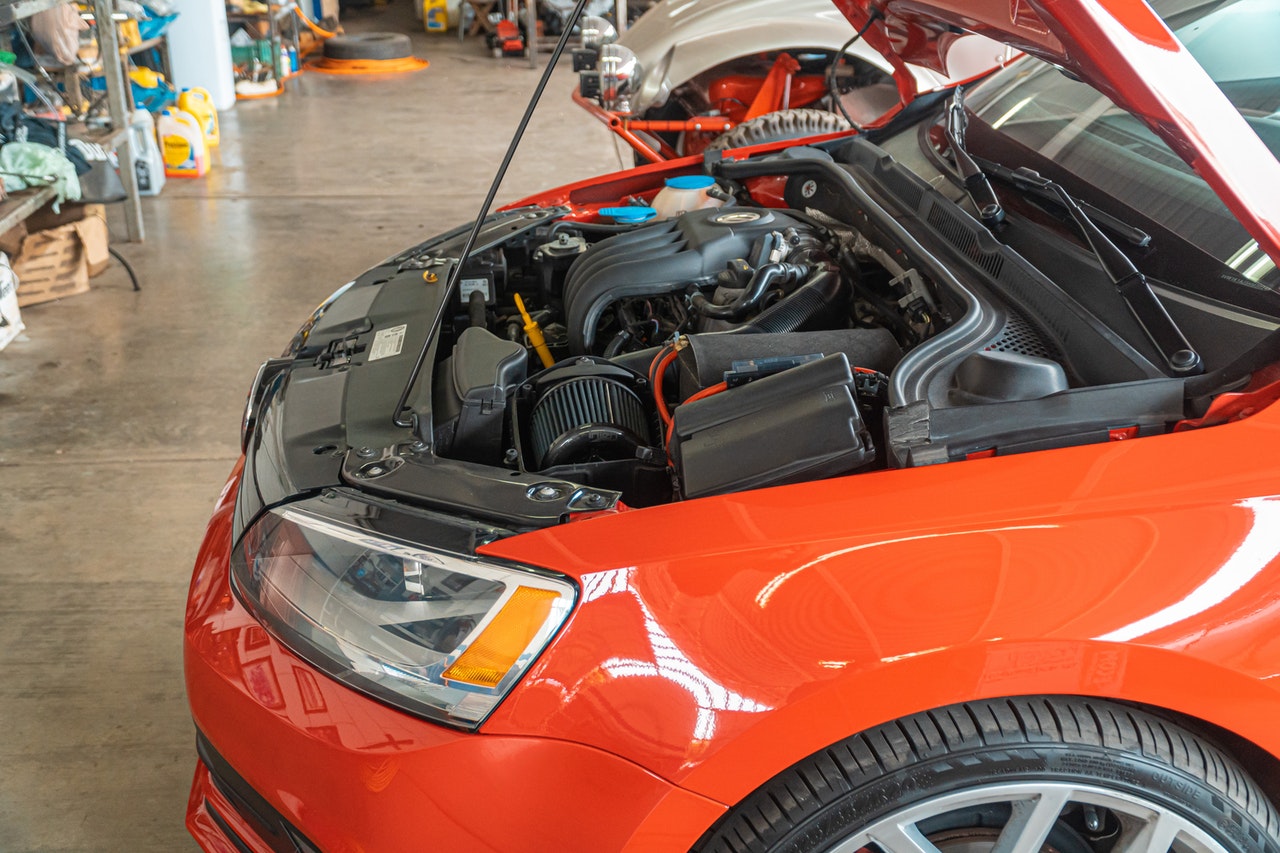
Servicing is one of the most vital elements in keeping your car in top condition. The Coronavirus pandemic and the resulting lockdowns may have made it unnecessary for many people to delay servicing. But now that the economy is opening up, more people are coming out of their homes and living normal lives again. And since you’re using your car now more than ever, it’s time to give it the attention and care that it needs. If you failed to bring your car to a reputable Sydney auto mechanic shop for more than a year, it’s time to schedule an appointment soon.
But have you ever thought about which maintenance services your vehicle actually needs? You don’t have to spend a fortune for a full inspection and maintenance. There are maintenance milestones that can help you decide which ones your car needs right away and which servicing can be delayed for a few months.
-
3-6-9-12 Servicing Intervals
Most auto mechanics recommend routine maintenance during the large gaps between 3,000-6,000-9,000-12,000-mile intervals. They will typically check parts such as belts, battery, cables every three thousand miles or every three months. Transmission fluid and windshield washer fluids are checked every six months or 6,000 miles, or whichever comes first. Lights and power steering are usually serviced every nine months or 9,000 miles. Lastly, coolant and tyres are ideally checked once a year.
-
Drive your Car at Least Once a Week
Although this does not qualify as servicing, vehicle owners are advised to drive their car for about ten minutes once a week or once every two weeks. The lack of usage can also result in issues. For instance, long-term lack of use can result in tyre inflation, gas tank issues, battery problems, and brake issues as well. Cars are to be driven, so make sure it fulfils its job on a regular basis, so you can determine whether it’s still in good condition or otherwise.
-
Oil Change
Standard interval for oil changes is set at every 3,000 miles. Most recent car models have improved features such as better engine efficiency, fuel injection, and oil quality. To that end, mechanics recommend they receive oil changes every 5,000 and 10,000 miles. By rule, vehicle owners should follow manufacturer’s recommendations for oil changes.
-
Air Filter
Whether you opt for DIY filter change or have professionals change the filter for you, this critical vehicle component should be changed every 15,000 to 25,000 miles. However, if you live in a dusty or polluted area, it may be best to have your air filters changed every 15,000 miles.
-
Fuel Filter
Your car engine will not run efficiently with a clogged fuel filter. Unlike air filter, fuel filter change can only be implemented by an experienced auto mechanic. Typically, fuel filter change happens every 30,000 miles. A pressure test tells mechanics the overall condition of your fuel filter and whether you need it changed immediately or scheduled at a later date.
-
Critical Fluids
Critical fluids that must be changed frequently are brake fluid, power steering fluid, and transmission fluid. As per mechanic recommendations, these fluids need to be changed every 30,000 miles as well. Unlike motor oil changes that one can do at home, replacing these critical fluids involves a lengthy process that only mechanics can perform safely and efficiently.
-
Spark Plugs
If you drive your vehicle under normal conditions, you should remember to switch to new spark plugs every 40,000 miles. If you are driving a specialty vehicle or driving under more challenging conditions, spark plug switch intervals may be set at every 20,000 miles. If you drive a more recent model, your original spark plug may be able to go as much as 120,000 without issues.
-
Brakes
A set of quality brake pads and shoes can last up to 50,000 miles, although it is ideal that they undergo inspection if you suddenly hear unusual sounds while driving. On the other hand, rotors should be replaced or resurfaced every 60,000 miles.
-
Battery Replacement
Modern batteries operate on a full charge until the minute they actually die. This means that they go on failure without warning. Battery failure won’t happen until after five years of operation. It is therefore ideal to schedule battery replacement every five years. After the three-year mark however, vehicle owners are advised to check their batteries periodically for any issues that may affect its performance and longevity.
-
Tyres
Tires need to be replaced every six years even when they appear to be in good working condition. Although treadwear has been the standard for measuring when to replace old tyres, external factors may speed up the deterioration of tyres. Before you encounter any issues or suffer from a flat tyre while on the road, we highly recommend changing tyres every six years.
If you want to learn more about proper timing in car maintenance and servicing, we highly encourage you to set an appointment with HP Automotive today. We are a trusted auto mechanic shop in Sydney offering a wide range of maintenance and repair services. Our team of skilled mechanics will assist you in scheduling servicing that your car needs at competitive prices. To schedule an appointment or for additional enquiries, please call our direct line on 02 9979 8372 today.
